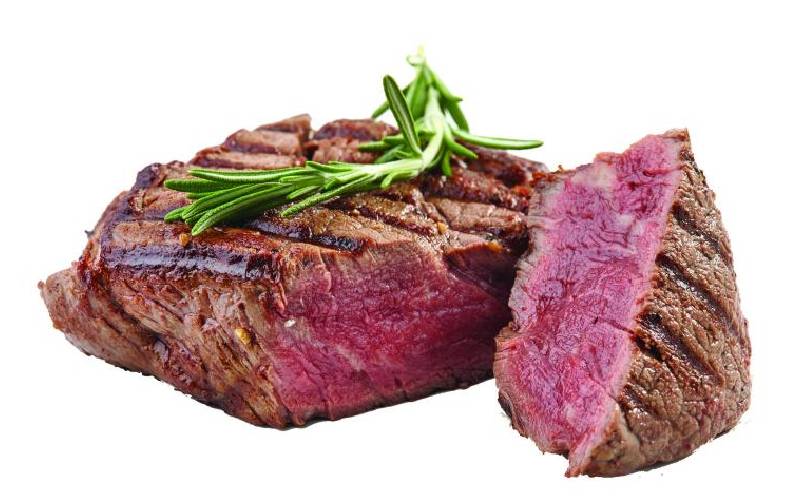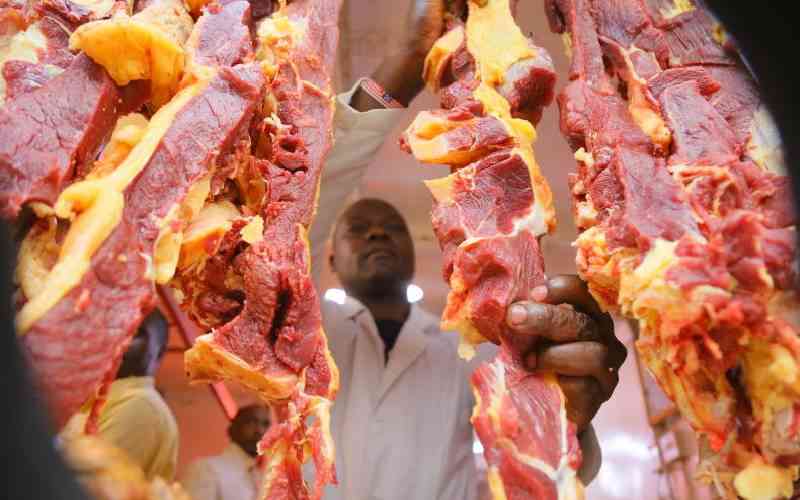
Animal products like milk, eggs and a few grams of meat can supply nutrients that would require consuming large portions of plant-based foods contrary to the belief of most vegetarians.
The United Nations Nutrition, in its latest report on livestock-derived foods, notes that morsels of meat, eggs and servings of milk have 12 times the nutrition quality provided by say, carrots, which are rich in vitamin A and whose deficiency is “the leading cause of preventable blindness and can increase their risk of dying from diarrhoeal diseases and measles”.
Facts First
Unlock bold, fearless reporting, exclusive stories, investigations, and in-depth analysis with The Standard INSiDER subscription.
Already have an account? Login
 The Standard Group Plc is a multi-media organization with investments in media
platforms spanning newspaper print
operations, television, radio broadcasting, digital and online services. The
Standard Group is recognized as a
leading multi-media house in Kenya with a key influence in matters of national
and international interest.
The Standard Group Plc is a multi-media organization with investments in media
platforms spanning newspaper print
operations, television, radio broadcasting, digital and online services. The
Standard Group is recognized as a
leading multi-media house in Kenya with a key influence in matters of national
and international interest.











